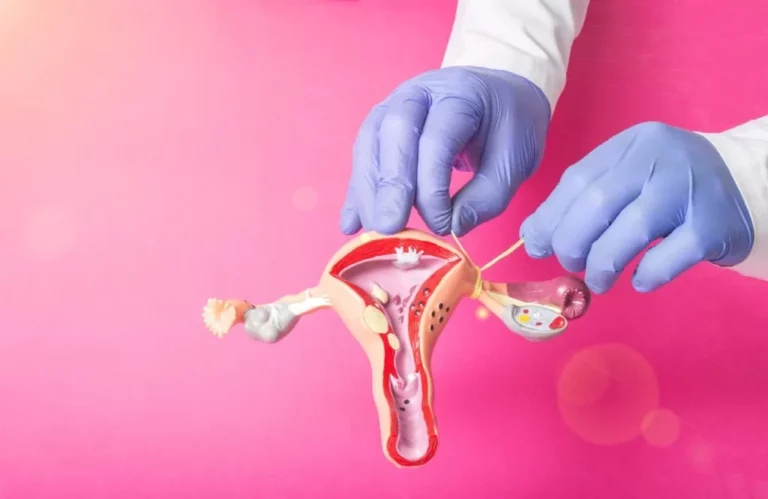
Obsessive-compulsive disorder (OCD) is a mental health condition characterized by a cycle of obsessions and compulsions. These cycles can be time-consuming and interfere with daily activities and relationships. Understanding the available therapeutic approaches is a practical first step for anyone looking to manage OCD symptoms. Here are some therapeutic approaches to controlling OCD:
Cognitive Behavioral Therapy
Cognitive behavioral therapy (CBT) is a widely used approach for OCD. It operates on the principle that psychological problems are based on unhelpful ways of thinking. It may also include learned patterns of unhelpful behavior. The goal is to learn to manage the anxiety without resorting to compulsions, which helps to break the cycle of OCD. Over time, this process may lead to a reduction in the intensity of obsessive thoughts and the urge to perform compulsions.
Dialectical Behavioral Therapy
Dialectical behavioral therapy (DBT) is another therapeutic option that provides skills for decreasing conflict in relationships. Its principles apply to OCD, particularly for individuals who experience intense thoughts alongside their symptoms. DBT combines standard cognitive-behavioral techniques with concepts of distress tolerance, mindfulness, and interpersonal effectiveness. The core components of DBT include:
- Mindfulness: Learning to be present in the moment and observe thoughts and feelings without judgment.
- Distress Tolerance: Developing skills to cope with and survive crises without making things worse.
For someone with OCD, these skills offer ways to handle the anxiety that comes with obsessions without immediately turning to compulsions. These techniques also provide methods for managing the responses tied to OCD.
Psychodynamic Therapy
Psychodynamic therapy focuses on uncovering and resolving unconscious conflicts and past experiences that may contribute to current symptoms and behaviors. This approach suggests that OCD symptoms are external manifestations of internal, unresolved issues. A therapist works with you to explore thoughts, feelings, and life experiences to gain insight into how they might connect to your obsessive thoughts and compulsive behaviors.
Somatic Therapy
Somatic therapy focuses on the connection between the mind and body. It is based on the idea that stress and trauma can become trapped in the body, causing physical and psychological symptoms. For OCD, this approach addresses the physical sensations of anxiety that come with obsessions. Somatic therapists help you become aware of your bodily sensations.
Techniques may include breathing exercises, movement, and paying attention to physical feelings to release tension. The goal is to help your nervous system self-regulate and find balance. By learning to manage the physical parts of anxiety, you may find it easier to resist compulsions. This body-centered approach offers a different way to manage OCD symptoms by directly working with the body’s responses to stress.
Schedule Therapy for OCD
Exploring different therapy options is a helpful step in managing OCD. Each type of therapy offers a distinct approach to understanding and addressing your symptoms. Finding a therapist who matches your needs and preferences is a key part of the process. If you’re ready to see how therapy can help with your OCD, feel free to contact us and schedule an appointment with one of our qualified professionals today.





